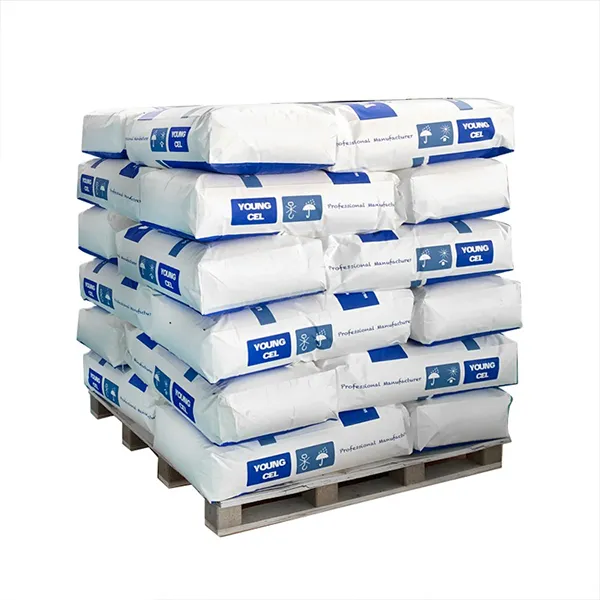Industrial Thickening Enhancing Efficiency and Sustainability in Manufacturing
In today's industrial landscape, the demand for efficiency and sustainability has never been more critical. As industries continuously strive to optimize their processes and reduce waste, thickening technologies have emerged as a pivotal solution. Thickening, often utilized in water treatment, food production, and mineral processing, serves as a fundamental method to concentrate materials and separate solids from liquids, ultimately enhancing operational performance.
Understanding Industrial Thickening
The process of thickening involves the separation of liquid and solid phases, increasing the concentration of solids in a slurry. This operation can significantly improve the efficiency of subsequent processing steps, such as filtration, dewatering, or digestion. Thickeners operate on principles of sedimentation and buoyancy, enabling the solids to settle at the bottom of a tank while the clear liquid overflows at the top. Various types of thickeners exist, including gravity thickeners, high-rate thickeners, and paste thickeners, each designed to suit specific materials and operational requirements.
Applications Across Industries
Industrial thickening finds applications across multiple sectors. In the mining industry, for instance, it plays a crucial role in the recovery of valuable minerals from ore. By utilizing thickeners, mining operations can reduce the volume of tailings, minimize environmental impact, and improve recovery rates of target minerals. Similarly, in the food industry, thickening processes help in the production of concentrated juices, sauces, and soups, ensuring product consistency and reducing transportation costs.
industri thicken

In wastewater treatment, thickening is essential for managing sludge. By concentrating the sludge, operators can reduce the volume requiring disposal or further treatment, leading to lower operating costs and reduced environmental footprint. The move towards more sustainable practices in industries has highlighted the importance of effective thickening solutions.
Advancements in Thickening Technologies
Recent advancements in thickening technologies have further enhanced their efficiency and effectiveness. Innovations such as automated control systems allow for real-time monitoring and adjustment of thickening processes, optimizing performance and reducing the risk of operational issues. Additionally, the integration of advanced materials, such as high-performance polymers and improved flocculants, has led to higher sedimentation rates and greater solid recovery.
Moreover, environmental sustainability has become a focal point for industrial innovation. Modern thickening systems often incorporate energy-efficient designs and waste-reducing technologies that align with global sustainability goals. Industries are now more than ever aware of their societal responsibility, and adopting effective thickening processes can significantly contribute to reducing their ecological footprints.
Conclusion
In conclusion, industrial thickening is a vital process that enhances operational efficiency and supports sustainability in various sectors. As industries strive to meet the challenges of modern manufacturing and environmental stewardship, thickening technologies will play an essential role. With ongoing advancements in this field, businesses can expect improved processes that not only optimize resource use but also promote greener practices for a more sustainable future. The continued evolution of thickening technology will undoubtedly shape the future of industrial operations, paving the way for enhanced productivity and reduced environmental impact.






